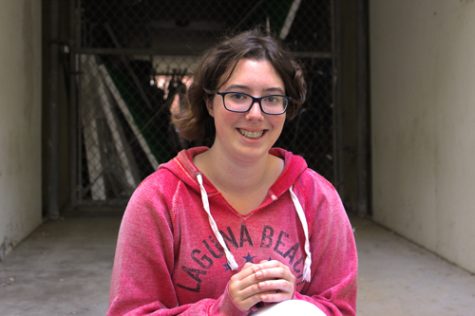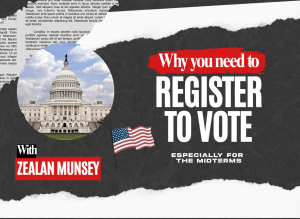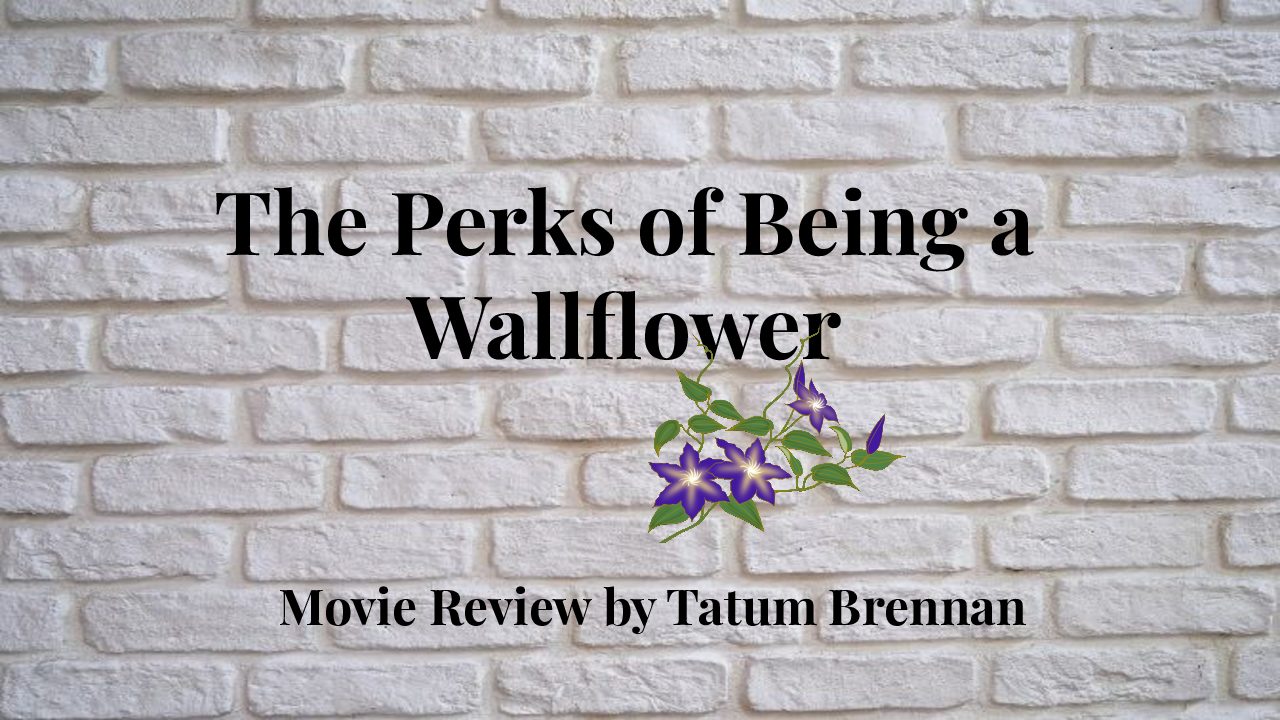Political correctness? What is that?
November 17, 2016
It runs rampant in our media, our culture, our politics and our speech. People say that it’s mindlessly pandering or just plain unnecessary. It restricts freedom of speech, forcing everyone to tiptoe around for fear of upsetting the overly sensitive population of America. It’s political correctness, and it’s ruining our nation.
“I think that many people take the idea of political correctness and exaggerate it, and it sometimes handicaps individuals in social situations,” said junior Casey Conley.
But does political correctness completely cripple everyone? First of all, it’s important to look at the original definition of political correctness and look at it in the context it was meant to be viewed in. According to Merriam-Webster, ‘politically correct’ simply means ‘agreeing with the idea that people should be careful to not use language or behave in a way that could offend a particular group of people.’ That doesn’t seem like such an insidious idea, now does it? And yet, people have used ‘politically correct’ as a pejorative to describe someone who they see as being ridiculously sensitive or extremely liberal. This is especially common on Internet message boards, where words are often twisted to suit the needs of whatever angry ranter wants to make his or her point. But how did ‘politically correct’ evolve from a seemingly harmless concept to something that drives people insane?
“I think it is bad because it violates our First Amendment of free speech,” said junior Jake Houglum.
There are several reasons as to why many view political correctness as an ominous presence hovering over America. Many see political correctness as stifling free speech and honest opinions. Others view those who practice political correctness, such as college students, as coddled or overly sensitive. Some have even gone so far as to describe political correctness as “hysteria” and “comedy-hostile”(“Tyler Perry’s perfect timing”, Feedback, Los Angeles Times).
“Political correctness has stunted many from sharing their true selves,” says AP Language and Composition teacher David Brobeck. “It has minimized alternative and unpopular opinions.”
But political correctness is not entirely as bad as people make it out to be. According a study mentioned in the NPR article “What Research Says About The Consequences Of PC Culture,” mixed-gender groups that were exposed to the idea of political correctness generated more creative and unusual ideas than mixed-gender groups that were not exposed to the idea of political correctness. This indicates that, rather than hindering people, political correctness could make people feel more comfortable around each other and thus allow for better productivity.
“At its core, what has been termed ‘political correctness’ is just being respectful of other people,” says APUSH teacher Kristin Cowles. “So, yes, we should absolutely strive for that.”
Personally, I believe that political correctness is only effective so long as it’s used in the correct context. Political correctness can be helpful when, say, you’re trying to respect another person’s culture even if you personally disagree with his or her beliefs, or when you need to monitor your speech in a professional environment so as not to come off as crass or offensive. But political correctness can also be an enormous hindrance when people use it excessively for fear of revealing their real opinions. Sometimes, the truth is unavoidably harsh, and it needs to be stated as is. It’s also impossible to avoid offending everyone, and you shouldn’t need to be afraid to say what you feel for fear that someone will be upset. In short, political correctness is helpful in small doses, but it can also hold you back from speaking your mind, and something that effectively keeps our opinions on lockdown is not something we should uphold.






